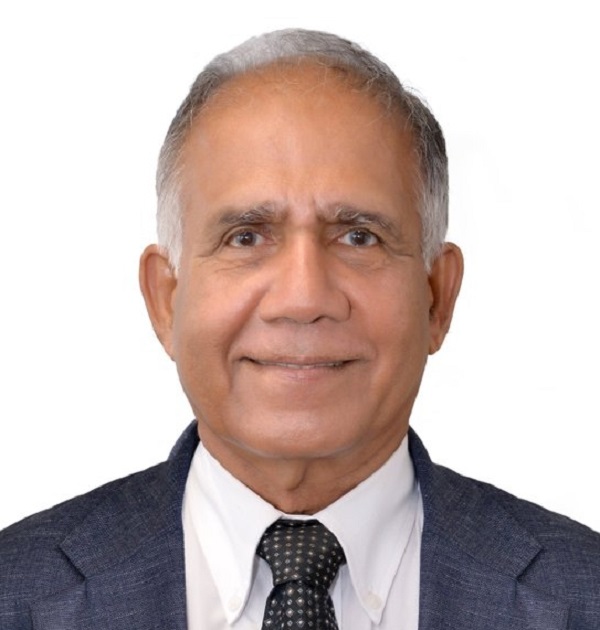Colombo, (Asian independent) The Chairman of Sri Lanka’s state-run electricity supplier, Ceylon Electricity Board (CEB), resigned on Monday after repeated controversial statements made on Indian Prime Minister Narendra Modi and Sri Lanka’s renewable energy project awarded to Adani Group.
CEB Chairman, M.M.C. Ferdinando handed over his resignation and Energy Minister Kanchana Wijesekara, in a Twitter message, said he accepted the resignation.
Last week, Ferdinando had stated to Parliament’s Committee on Public Enterprises (COPE) that President Gotabaya Rajapaksa had told him that Indian Premier Modi had pressured him to award a wind power project to India’s Adani Group.
President Rajapaksa was quick to deny Fernando’s statement and said that he never gave authorisation to award a wind power project in Mannar to any person or any institution.
Issuing a statement, the President’s Media Division said: “Sri Lanka is currently in an acute shortage of power and President desires to expedite implementation of mega power projects as early as possible. However, no undue influence will be used in awarding such projects.”
“Project proposals for large-scale renewable energy projects is limited, but special attention will be paid to the selection of institutions for the projects, which will be carried out strictly in accordance with the transparent and accountable system by the government of Sri Lanka,” the statement added.
However, the CEB head later retracted what he told the COPE claiming that he made the statement in a moment of exhaustion and poor emotional condition.
The incident created both local and international uproar and opposition politicians charged him with lying to the parliament while others complained he was pressured by the President to withdraw what he said.
Opposition leader Sajith Premadasa had complained that Ferdinando had violated parliamentary privilege by making false statements to the COPE.








